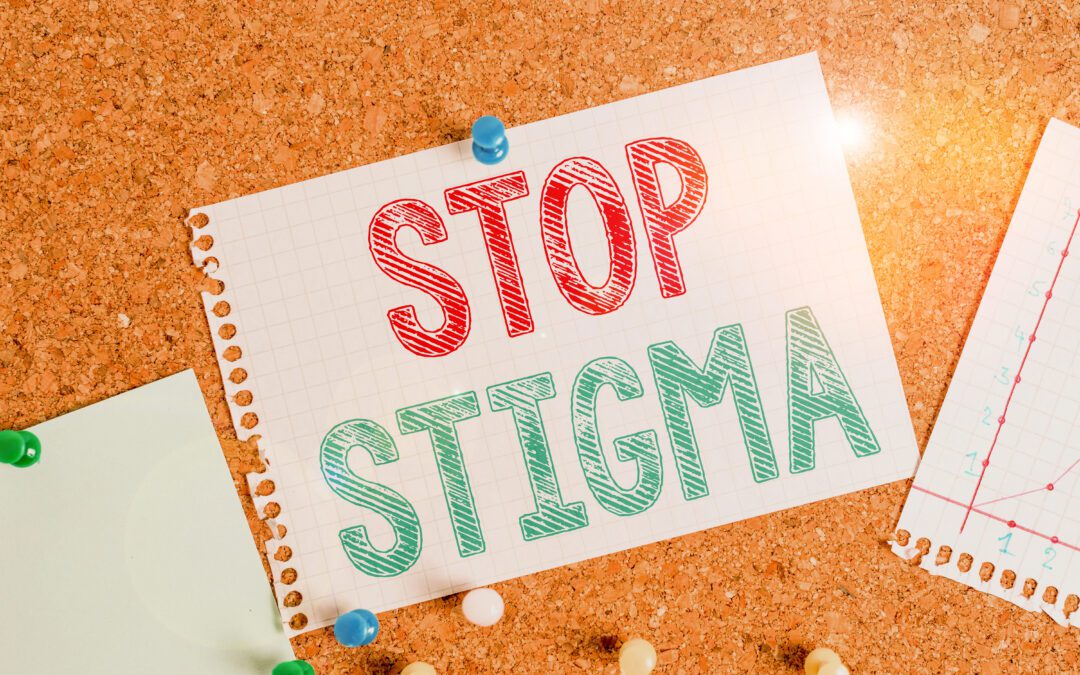Recently, the New York Times ran a piece entitled “Future Cringe.”
Here’s the setup for the piece, which appeared under George Gurley’s byline:
What are the things we do today that will seem embarrassing or otherwise regrettable to our future selves — the stuff that will make us cringe when we look back on how we lived our lives in the early 2020s?
More than 30 people from academia, fashion, media, the arts and business weighed in, as did a certain infamous chatbot.
The commentators did indeed identify a wide array of things we might be embarrassed about in the future. Crocs! Gender-reveal parties! Monarchy!
But one answer in particular caught our eye. Here, in part, is what Dawn Eden Goldstein—an author and theologian—thinks will be cringe-worthy in the future:
I would certainly like to think that when people look back at human society in the early 2020s, they will be surprised and embarrassed to think about how even in what we consider such a modern age people who have problems with mental health or alcoholism or substance addictions are still afraid of getting help — fearful because of a social stigma.
We think she makes an excellent point.
The Sting of Stigma Keeps People Out of Treatment
Unfortunately, those who struggle with mental health or substance use disorders are often judged harshly and made to feel ashamed. There is a persistent belief that these sorts of disorders are caused by a lack of character or a lack of faith or a lack of self-respect.
Those ideas are wrong-headed, of course. Mental health and substance use disorders are just that: disorders. And while they cannot be cured, they can be effectively managed—but that management is elusive for individuals who are too scared or ashamed to seek out the treatment they need for fear of what their family, friends, coworkers, or faith community might think of them.
The stigmatization of mental health issues and substance use difficulties can create a downward spiral for the person who is struggling. They resist getting the help they need because they don’t want to risk being judged. Their condition worsens—and as it does, the level of judgment they experience often increases. Unable to come to grips with the judgment or the disorder (or disorders) in question, they may see their mental health worsen or they may amp up their drug or alcohol use in an effort to drive away their embarrassment.
Let’s be clear: That kind of downward spiral ruins—or even ends—lives.
Let’s Replace Stigma with Support
So, how do we make things better? We believe the path forward involves letting go of stigmas and replacing them with support for those who are struggling.
That means that if you know someone who has mental health or substance use difficulties, you should encourage them to seek appropriate treatment. No shaming or judging or nagging. Just a show of support and a willingness to help a struggling individual make a choice that can change their lives for the better.
And if you are a person who is struggling, it means rejecting the notion that you should be ashamed or embarrassed or that your character is in question. Getting the help you need, we would argue, is an excellent display of character and is the first step toward reclaiming your life.
You Won’t Encounter Stigma or Judgment at Wooded Glen
We agree with Dawn Eden Goldstein that there will come a day when we all cringe at how society has harmed those who struggle with mental health and/or substance use disorders by clinging to outdated stigmas that should have been put to rest long ago.
In the meantime, we want to be very clear: Those seeking treatment for substance use disorders and co-occurring mental health disorders at Wooded Glen Recovery Center in Henryville, IN, will not encounter stigmatization. Instead, we offer personalized care grounded in expertise, experience, and compassion. The time to get help for a disorder that threatens to derail your life is always right now. Don’t let out-of-touch stigmas keep you from getting the help you need—sooner rather than later

